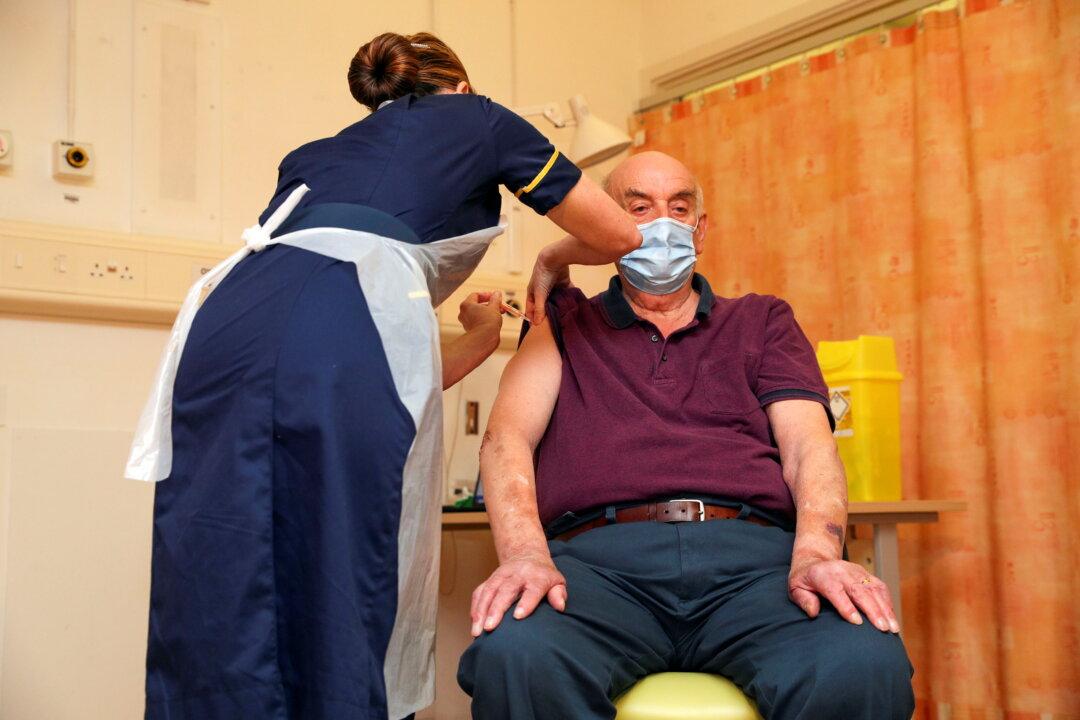The Oxford/AstraZeneca CCP virus vaccine is linked to “slightly increased risk of some bleeding disorders,” British researchers have found.
Through an analysis of people who received a first dose of the AstraZeneca or Pfizer/BioNTech vaccine, researchers at the University of Edinburgh found a small increased risk of an autoimmune bleeding disorder known as immune thrombocytopenic purpura (ITP) associated with the AstraZeneca vaccine.





